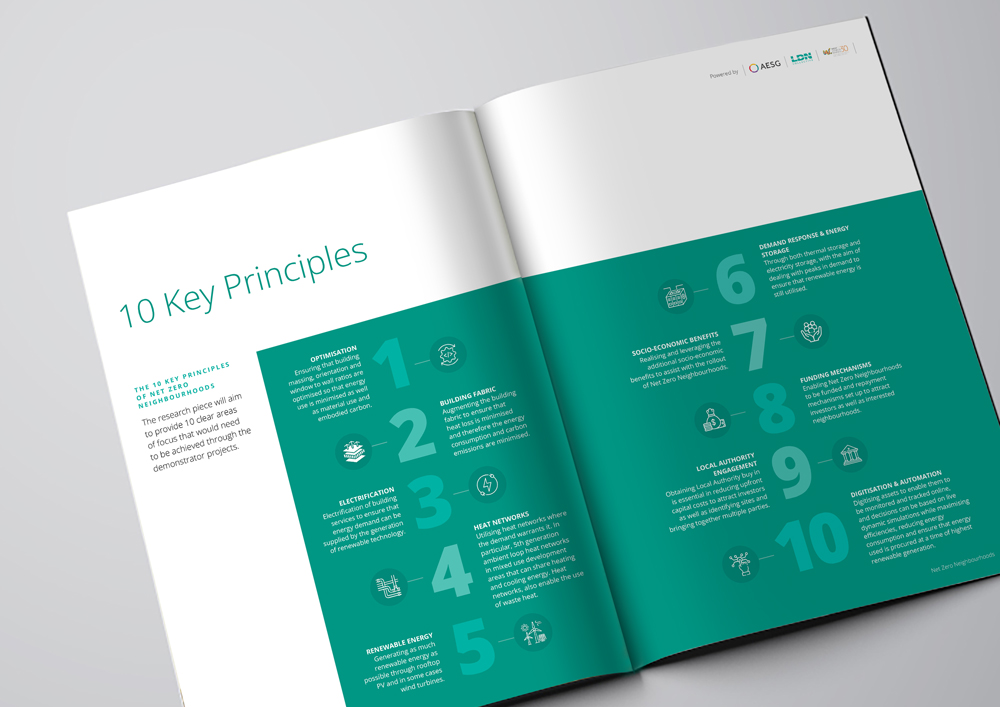With developers in parts of West London unable to build new homes until 2035 due to the lack of electricity supply, it is imperative for local authorities, developers and the built environment industry to future proof their cities by investing in decarbonisation projects.
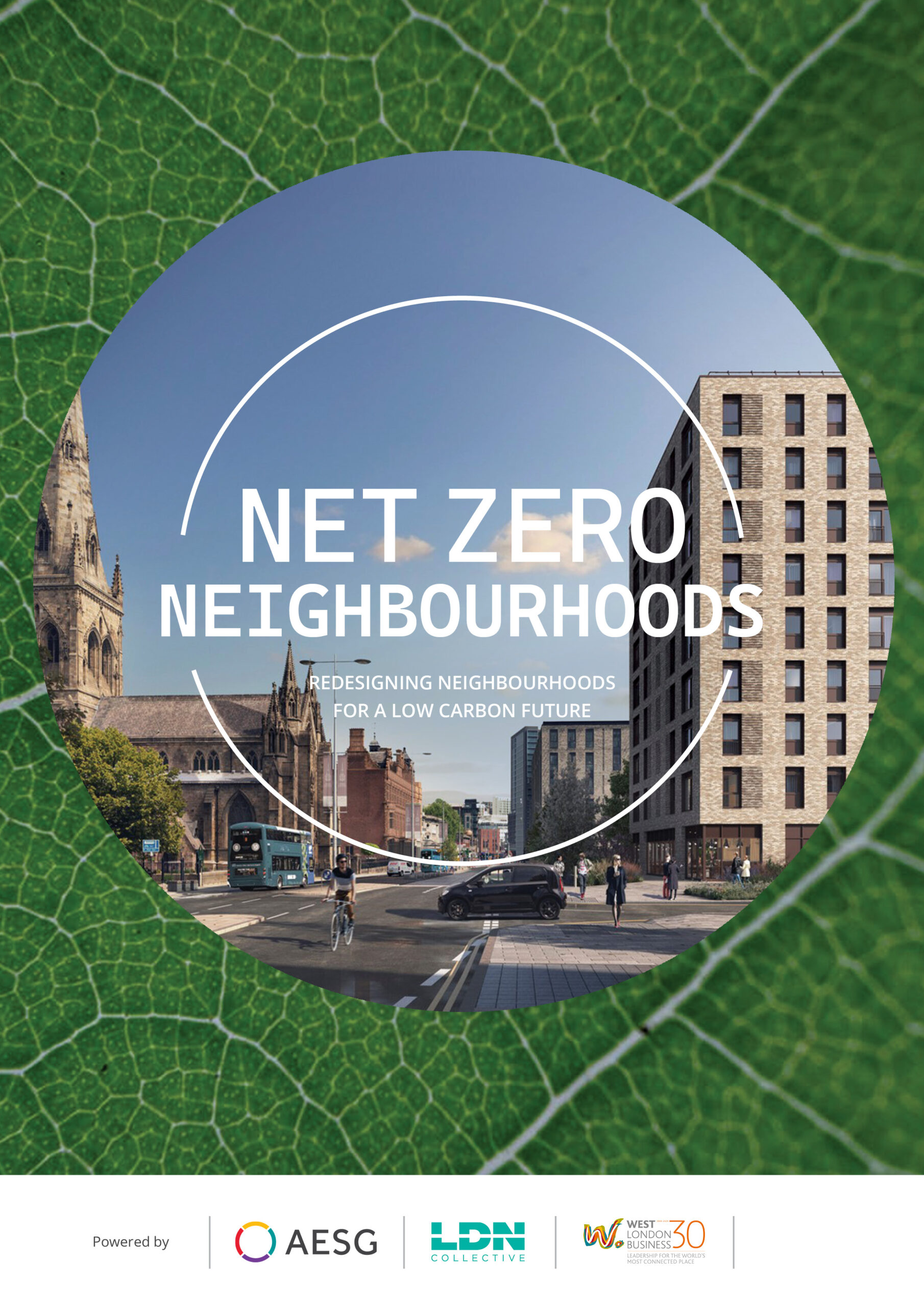
AESG, an international consultancy, engineering and advisory firm, in collaboration with the LDN Collective (a network of built environment experts & creatives fighting to improve people’s lives & the planet’s prospects) and West London Business (representing the private sector in the UK’s largest sub-regional economy) have released new research and advocacy to further the uptake for a low carbon future.
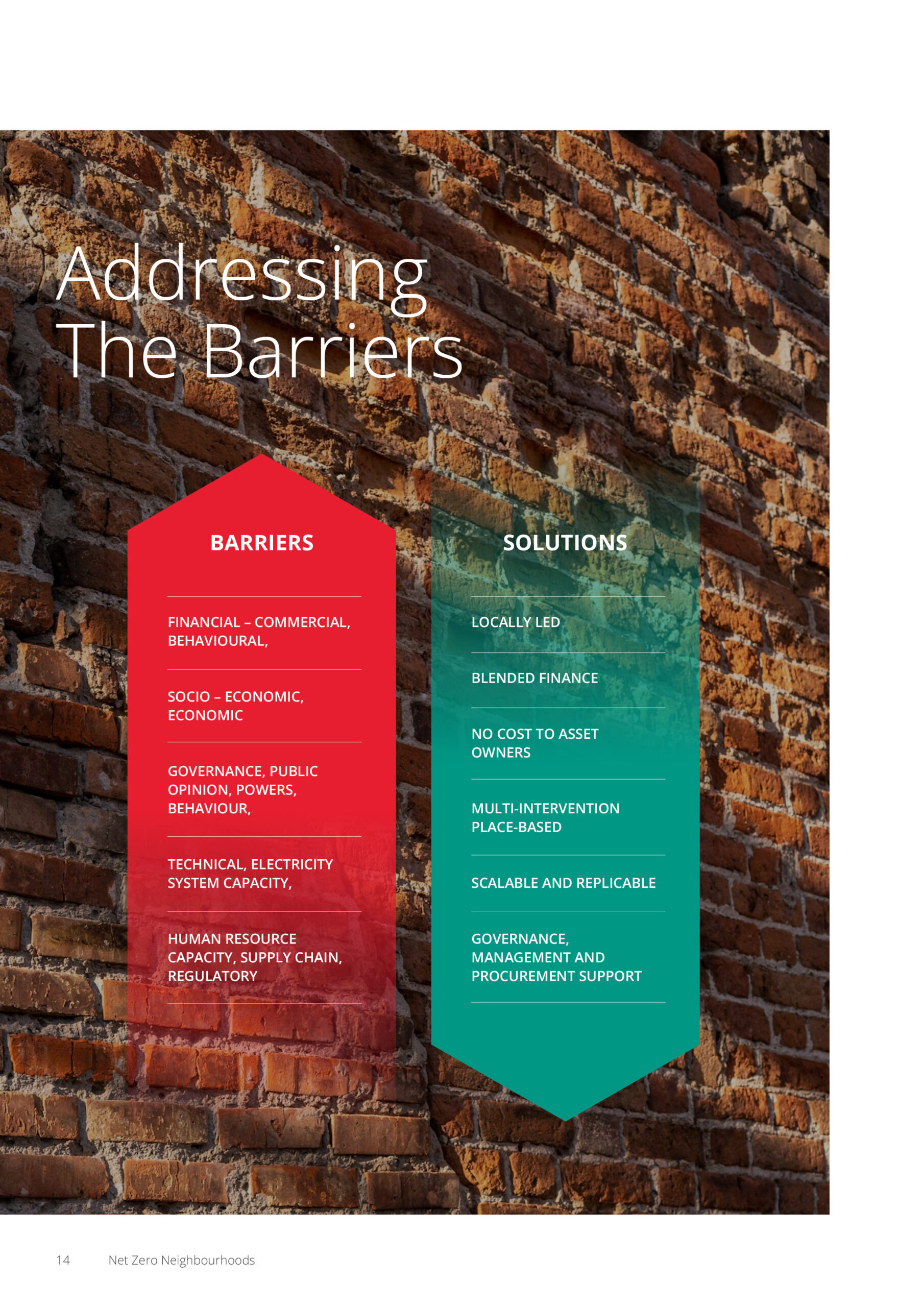
The report identifies 10 principles for planning and designing net zero neighbourhoods, with 10 global case studies to learn from, and a summary of the latest innovations accelerating change. It aims to give confidence to governments, city planners, investors and developers to embrace more radical innovation, explore new funding models and skill up to retrofit at scale, in order to future-proof developments for a more resilient future.
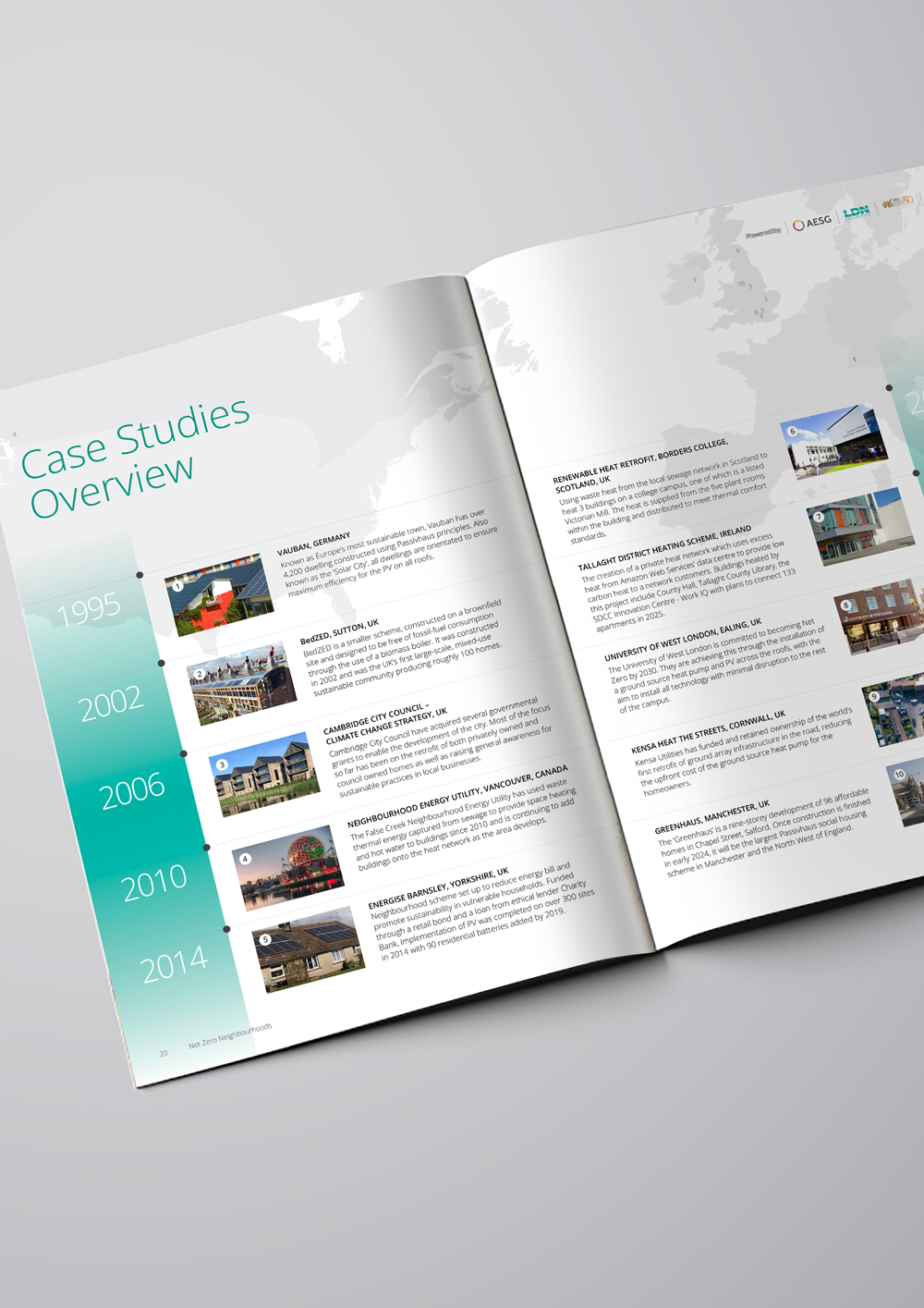
Commenting on the piece, Max Farrell, Founder & CEO of the LDN Collective and Chair of Built Environment for West London Business said;
“Addressing climate change at the neighbourhood scale is a complex challenge that can only be done collectively, and it needs immediate and radical action to be taken. Within the UK, government at every level has committed to achieve net zero within the next 15-30 years, yet local authorities face significant challenges funding the transition. We hope this report will help provide clarity on the principles that need to be followed, with examples of outcomes from those who have already embarked on the journey to net zero”

Niall Bolger, CEO of the London Borough of Hounslow and Co-Chair of the Cities Commission for Climate Investment (3Ci) said;
“We commend West London Business, the LDN Collective and AESG for providing leadership and guidance that will help support the UK’s vision for achieving net zero, building on the business case published by 3Ci, and raising the bar for sustainable neighbourhoods worldwide.”

The report, developed by AESG’s globally renowned team of sustainability experts, and supported by West London Business and the LDN Collective, focuses on the principles that achieving net zero neighbourhoods requires – planning a community development at the macro-level, understanding interdependencies of systems and implementing solutions to mitigate the risks.
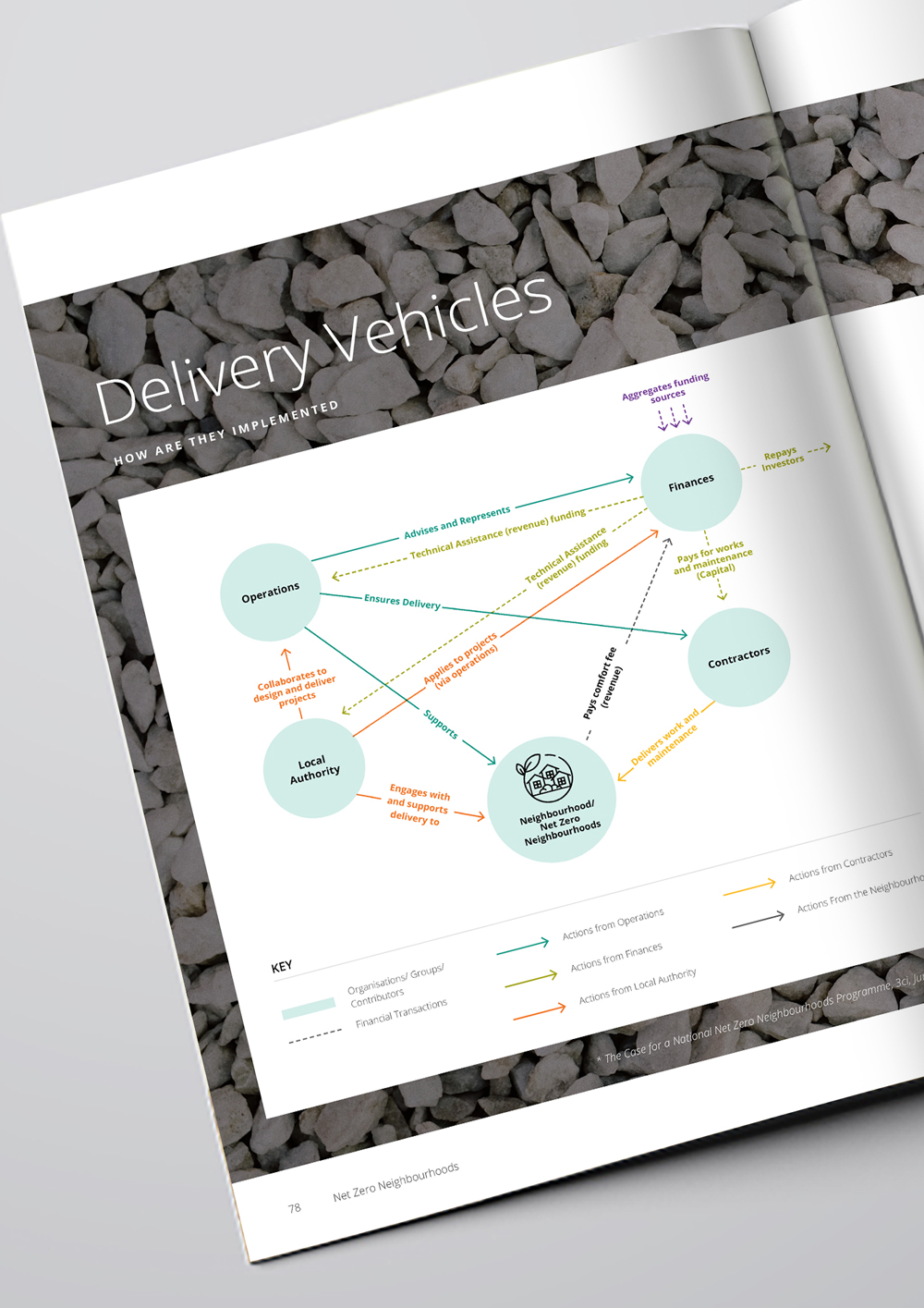
Briefly summarising the insight and guidance informed by the case studies, Sam Luker AESG’s Associate Sustainability Director said;
“Approaching Net Zero from the Neighbourhood perspective enables a more holistic and attainable approach to the decarbonisation of our urban environment. By bringing together a mix of residential, retail and other commercial uses, we are able to create scale and most importantly, a revenue stream that unlocks private capital for decarbonisation projects. Furthermore, the Net Zero Neighbourhoods approach necessitates collaboration between the public and the private sectors, both of which are working towards the same goal. Innovative funding mechanisms and a focus on socio-economic value facilitates community buy in and the roll out of decarbonisation projects. This enables sustainable design measures to be implemented at the neighbourhood level, facilitating the UK’s bottom up transition towards Net Zero”

The research highlights 10 key areas of focus exemplified by 10 neighbourhood scale projects that have been built around the world with evidence-based outcomes. The focus areas range from optimisation; renewable technology; renewable energy; heat networks; local authority engagement; socio-economic benefits; demand response and energy storage through to funding mechanisms, digitisation and automation.
